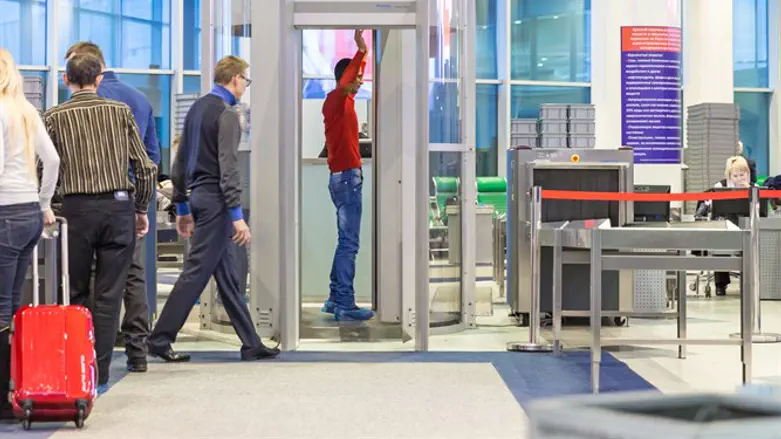
The Trump administration is considering an expansion of a ban on laptops on commercial aircraft to include some European countries, Reuters reported on Wednesday, citing officials briefed on the matter.
According to the report, the administration is reviewing how to ensure lithium batteries stored in luggage holds do not explode in midair.
The United States first announced the ban in March. The ban is on electronic devices bigger than mobile phones on direct flights from 10 airports in seven Middle Eastern countries and Turkey.
The British government followed, announcing a cabin baggage ban on laptops on direct passenger flights to the UK from Turkey, Lebanon, Jordan, Egypt, Tunisia, and Saudi Arabia.
Any expansion of the ban could impact U.S. carriers such as United Airlines, Delta Air Lines Inc. and American Airlines Group, noted Reuters.
Six U.S. and European officials said they expect the U.S. Department of Homeland Security (DHS) to make an announcement but declined to say when.
DHS officials plan to meet with airline industry officials on Thursday to discuss security issues, two people briefed on the matter said. Also on Thursday, Homeland Security Secretary John Kelly will give a classified briefing to senators about domestic threats and airline issues are expected to be discussed, a congressional aide briefed on the matter said.
So far, the U.S. laptop ban has affected direct flights to the United States by Royal Jordanian Airlines, Egypt Air, Turkish Airlines, Saudi Arabian Airlines, Kuwait Airways, Royal Air Maroc, Qatar Airways, Emirates and Etihad Airways.
The British ban affects British Airways, EasyJet, Jet2.com, Monarch, Thomas Cook, Thomson, Turkish Airlines, Pegasus Airways, Atlas-Global Airlines, Middle East Airlines, Egyptair, Royal Jordanian, Tunis Air and Saudia.
The bans angered Turkish President Recep Tayyip Erdogan, who demanded their removal.